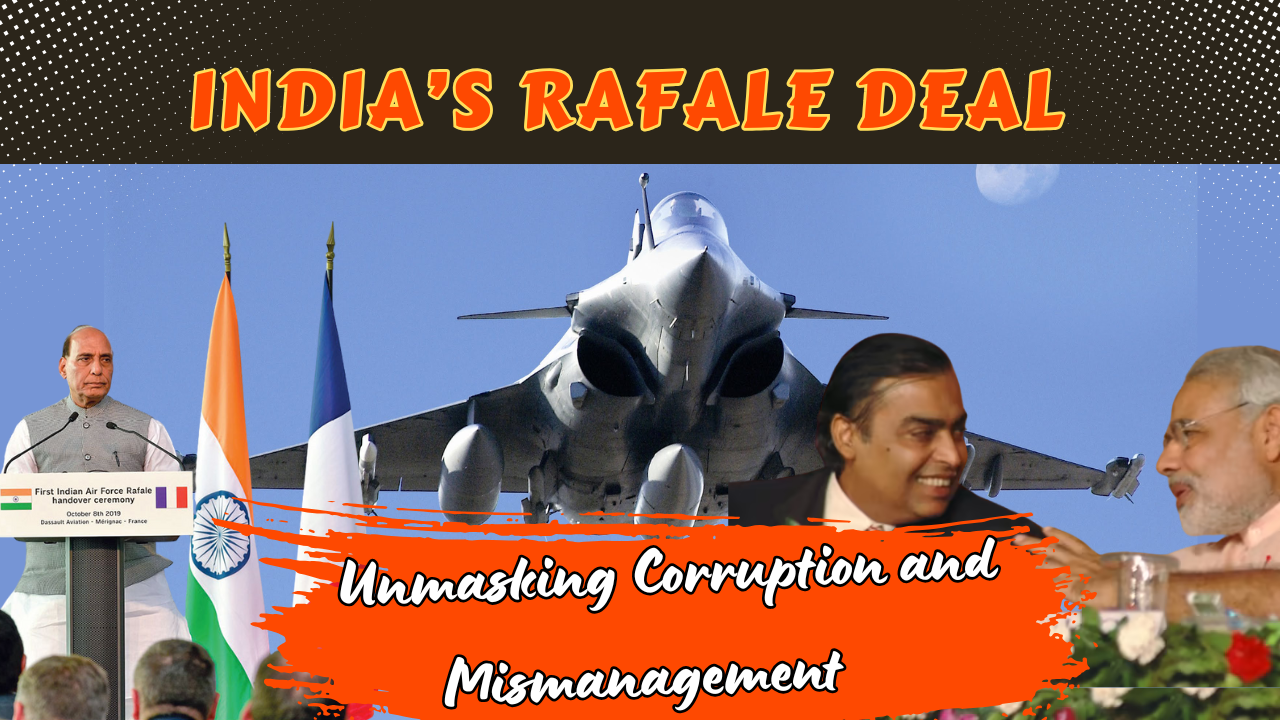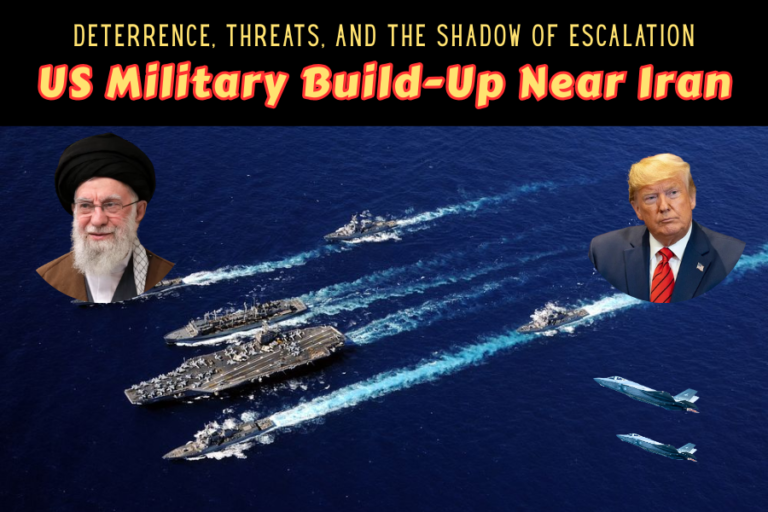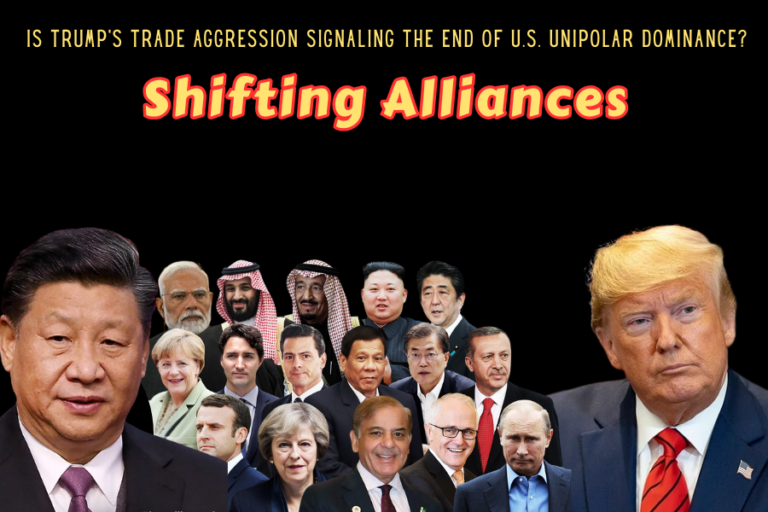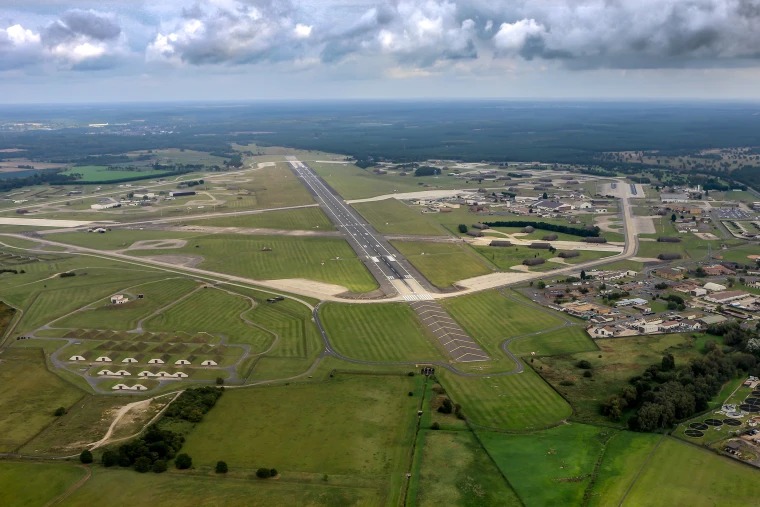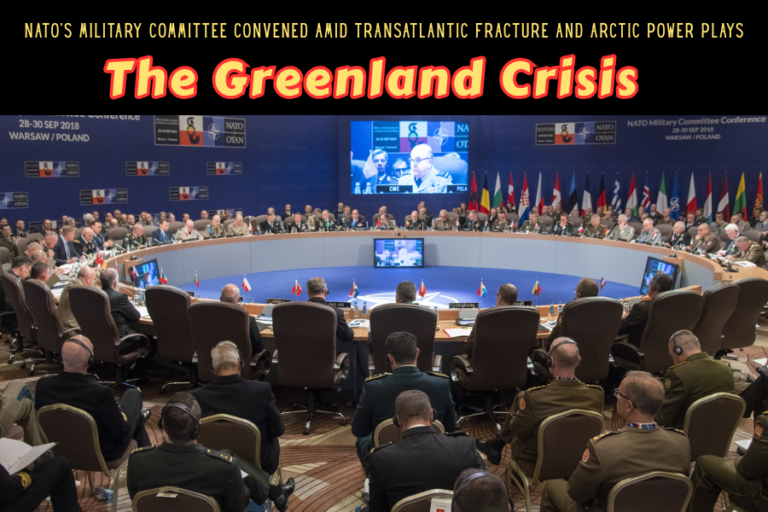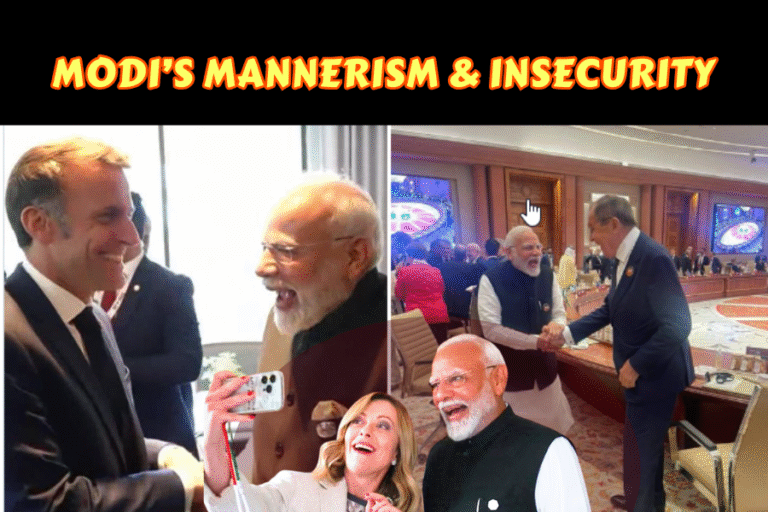India’s 2016 agreement to purchase 36 Rafale fighter jets from France’s Dassault Aviation for $9.3 billion has become a symbol not of military modernization, but of deep-rooted corruption and political favoritism in Indian defense procurement. Far from being a transparent transaction aimed at enhancing national security, the deal reflects systemic weaknesses and raises serious questions about the integrity of India’s arms acquisitions. In a region already strained by military tensions, such unchecked defense spending—riddled with kickbacks, opaque decisions, and favoritism—has broader implications for regional stability.
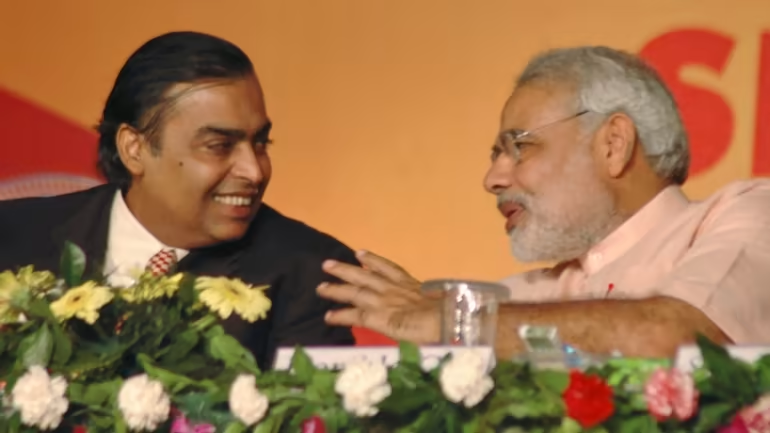
A Shift from Procedure to Political Preference
Initially, India’s plan was straightforward: in 2007, it floated a tender for 126 Medium Multi-Role Combat Aircraft (MMRCA), and by 2012, Rafale emerged as the lowest bidder. The original plan envisaged 18 jets to be delivered in flyaway condition from France, with the remaining 108 to be manufactured in India by Hindustan Aeronautics Limited (HAL), a public-sector organization with decades of experience.
However, in a surprise move in 2015, Prime Minister Narendra Modi unilaterally announced a new deal in Paris—scrapping the original tender and replacing it with a direct government-to-government purchase of only 36 jets. HAL was discarded, and the new deal involved Dassault investing 50% of the contract value in Indian offsets. The beneficiary? Anil Ambani’s Reliance Defence—an inexperienced firm incorporated only days before the announcement, with no history in aerospace manufacturing. The optics were unmistakable: crony capitalism at work, favoring a politically linked business empire over a competent state-owned company.
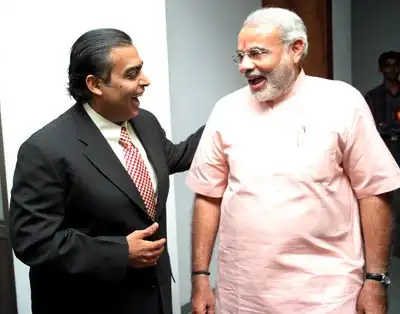
Kickbacks Disguised as Contracts
A core feature of the scandal lies in the shadowy financial transactions exposed by French investigative journalism outlet Mediapart. Between 2007 and 2012, Dassault reportedly paid around $8.8 million to a Mauritius-based company—Interstellar Technologies—linked to Indian arms middleman Sushen Gupta. Payments were camouflaged as overbilled IT contracts. In 2017, another $1.2 million was paid to Gupta’s Indian firm, Defsys Solutions, for 50 Rafale jet replicas—none of which have been verified to exist. France’s own anti-corruption agency found these payments suspect, noting they were logged as “gifts to clients”—a tactic commonly used to veil bribes.
Despite this damning evidence, no serious investigation followed in India. The Central Bureau of Investigation (CBI) and Enforcement Directorate (ED) were made aware of these payments as early as 2018, through documents connected to another corruption case—the AgustaWestland helicopter scandal—yet remained silent. Not even the shadow of a formal inquiry disturbed the silence surrounding the Rafale deal.
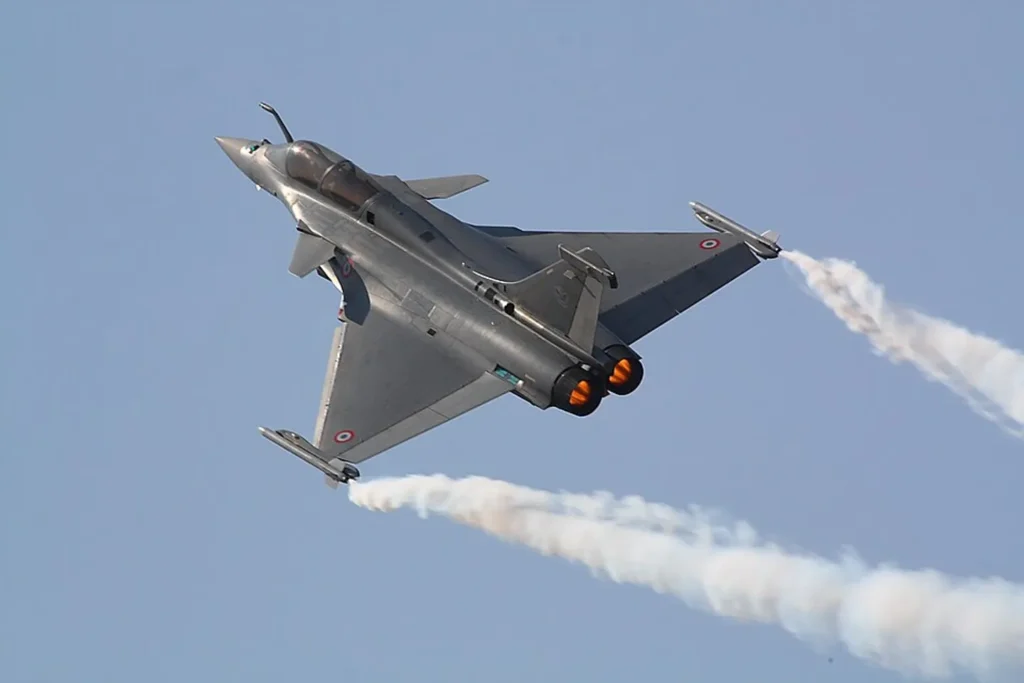
Favoritism Over National Interest
One of the most glaring red flags in the Rafale deal was the selection of Reliance Defence. This firm had no prior defense experience, yet it was entrusted with offset contracts worth an estimated $3.6 billion. This was not only a questionable choice from a technical standpoint but a devastating snub to HAL, which had the infrastructure, manpower, and proven track record to support a project of this magnitude.
Critics have pointed out the suspicious cost escalation: from $63 million per jet in the original deal to $258 million per unit under the revised terms. Even if one accounts for added maintenance and weapon systems, the price jump defies logic. To make matters murkier, the French government granted a substantial tax waiver to Reliance’s subsidiary in France during the Rafale negotiations, reducing a $172 million tax liability to just $9.1 million. While Indian authorities deny any wrongdoing, former French President François Hollande publicly claimed that India itself proposed Reliance as the offset partner.
Political Shielding and Suppressed Accountability
Indian institutions tasked with ensuring accountability have conspicuously failed to act. In 2018, senior figures including ex-BJP ministers and a prominent lawyer filed formal complaints demanding a CBI investigation. The Indian Supreme Court dismissed these petitions, stating there was insufficient evidence—despite mounting international scrutiny and investigative reports from France.
Worse still, anti-corruption clauses—standard in such high-value deals—were reportedly removed from the Rafale agreement at Dassault’s insistence. The absence of such clauses crippled oversight from the outset. Around the same time, CBI Director Alok Verma, who had reportedly sought information on the deal, was abruptly removed from office—adding to suspicions of political shielding.
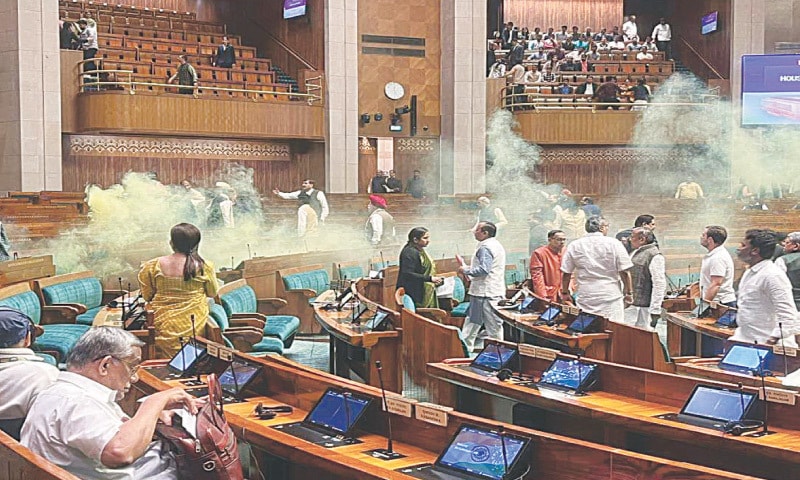
Regional Implications of a Corrupt Arms Race
India’s defense posture directly impacts the military balance in South Asia. A nation plagued with institutional corruption and corporate favoritism in its arms procurement cannot be assumed to pursue modernization purely for national defense. Instead, such deals suggest an alarming trend: inflated military acquisitions that enrich political allies, while escalating tensions in an already volatile region.
As India accelerates its defense buildup through opaque deals and dubious partnerships, the regional security equation becomes dangerously unpredictable. When defense acquisitions are tainted by corruption and mismanagement, the implications are not confined within borders—they ripple across frontiers, unsettling regional peace.
Conclusion: A Scandal Beyond Borders
The Rafale deal is not just an Indian scandal—it is a regional concern. With documented evidence of financial irregularities, political favoritism, and the bypassing of competent public-sector enterprises, the deal raises serious questions about India’s strategic priorities. As French courts continue their investigations and more revelations emerge, the real cost of the Rafale deal is becoming clearer—not just in dollars, but in the erosion of public trust, institutional credibility, and regional stability.
Instead of setting an example of transparency and defense self-reliance, India’s Rafale deal has exposed the pitfalls of secretive procurement processes and elite-driven decision-making. The region watches closely, aware that in the shadows of corruption, lies the potential for instability.

